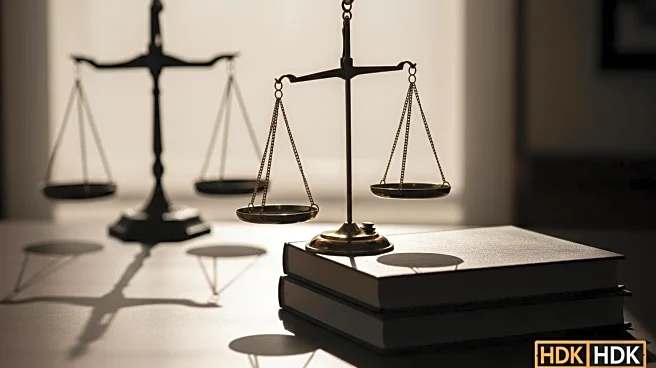What is the story about?
What's Happening?
The Supreme Court's new term is expected to address several higher education cases, with a focus on transgender rights. However, many cases are being handled through the shadow docket, an emergency process that allows the court to issue interim decisions without traditional procedures. This has led to unpredictability and uncertainty for higher education institutions, as cases can be introduced and ruled upon quickly. The shadow docket has been used to overturn lower-court rulings on critical issues, impacting federal research funding and staffing at the Department of Education.
Why It's Important?
The use of the shadow docket raises concerns about the transparency and predictability of Supreme Court decisions, particularly for higher education institutions. The emergency process can lead to significant changes in policy and operations without adequate preparation or contingency planning. This situation underscores the importance of maintaining clear and consistent legal procedures to ensure fairness and accountability in the judicial system. The impact on higher education institutions highlights the broader implications for academic freedom, federal funding, and visa policies.
What's Next?
Higher education institutions will need to closely monitor the Supreme Court's actions and prepare for potential changes in policy and operations. Legal experts suggest that issues such as visa policies, First Amendment rights, and federal funding may be addressed in upcoming cases. The shadow docket's use may continue to create uncertainty, prompting institutions to develop contingency plans and strategies to navigate potential legal challenges. Stakeholders will likely advocate for greater transparency and accountability in the judicial process to ensure fair and equitable outcomes.
Beyond the Headlines
The shadow docket's use highlights broader concerns about the balance of power within the judicial system and the potential impact on democratic principles. The situation raises ethical questions about the transparency and accountability of Supreme Court decisions and their implications for public trust in legal institutions. It underscores the need for clear and consistent legal procedures to uphold the integrity of the judicial system and protect the rights of affected stakeholders.















